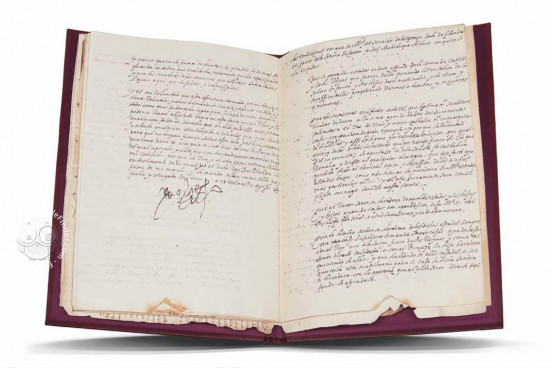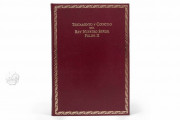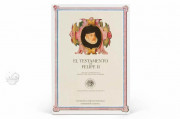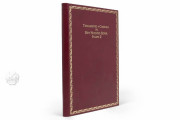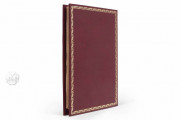The Will of Philip II of Spain is a remarkable document signed by the seventy-year-old king in 1594, four years before his death. The manuscript includes Philip's declarations, such as his profession of faith and the duties and considerations of a ruler. It also conveys essential information and advice to his son and heir, Philip III, King of Spain, and betrays a particular interest in the future marriage of his favorite daughter, Isabel Clara Eugenia, the person mentioned most in the will after Philip III.
We have 1 facsimile edition of the manuscript "Will of Philip II of Spain": Testamento y Codicilo de Felipe II facsimile edition, published by Testimonio Compañía Editorial, 1997
Request Info / Price
